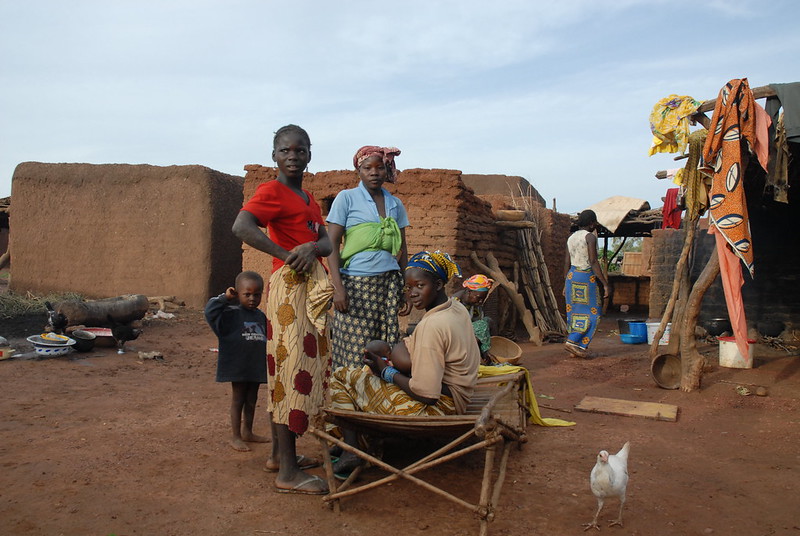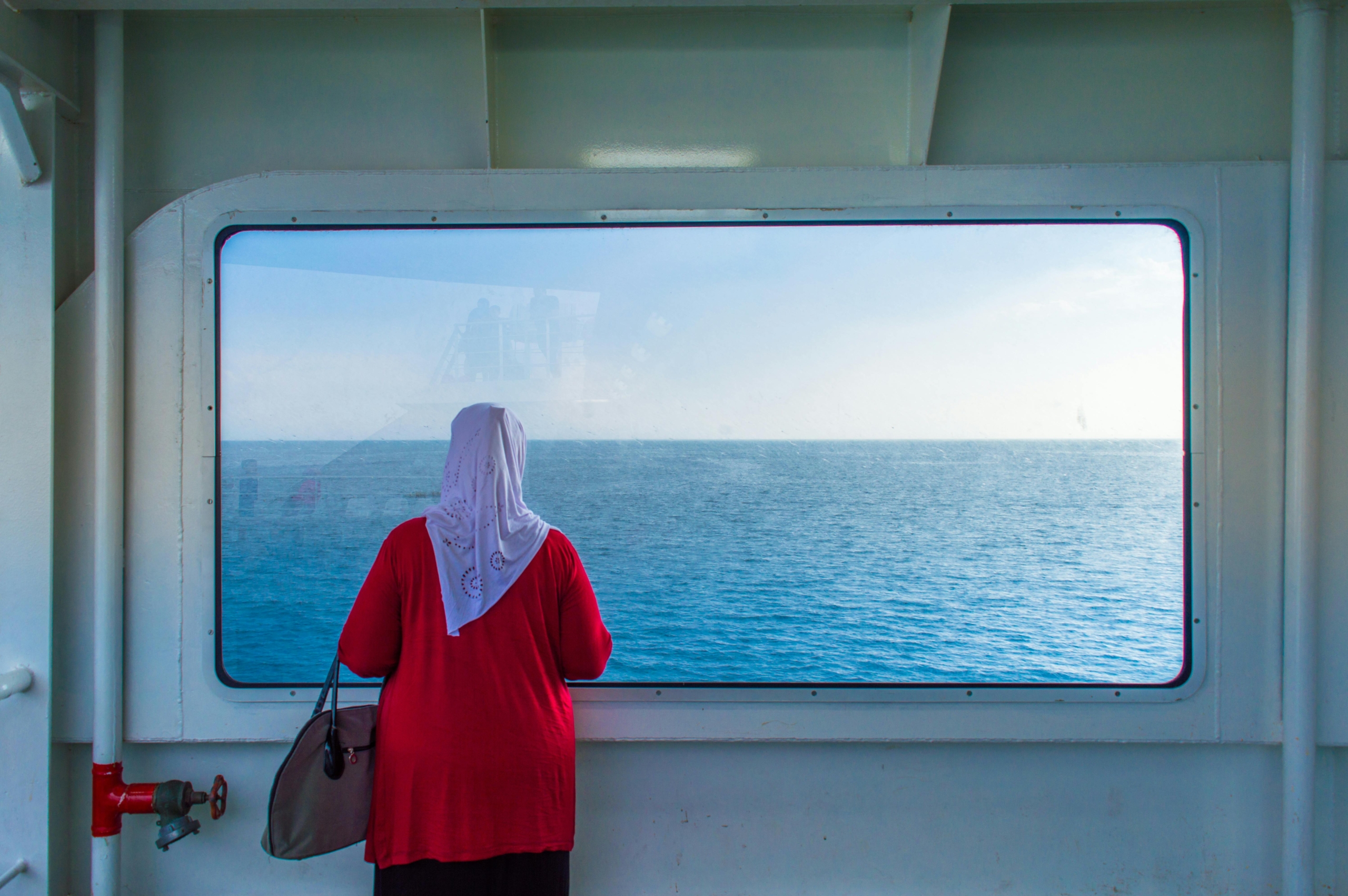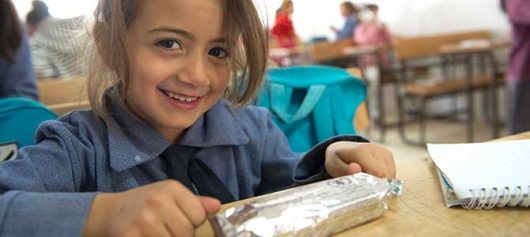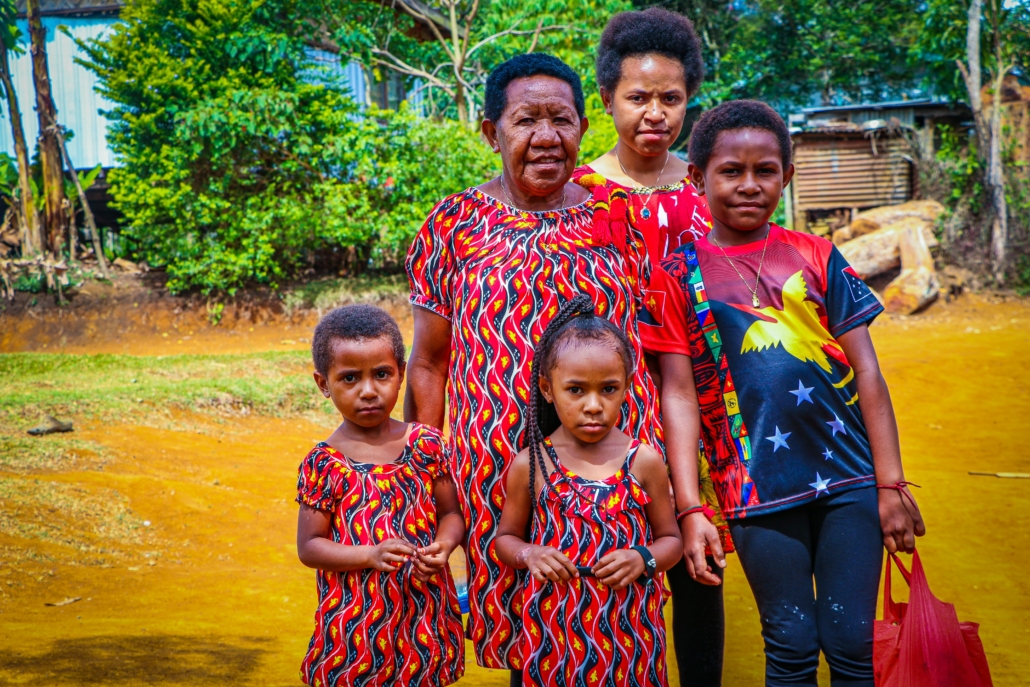 Papua New Guinea is a developing country located in southwest Oceania. In 2021, U.N. Women reported the island country’s designation as a “lower middle-income country,” amassing a gross national per capita income of $2,386. Based on U.N. Women’s study, statistics show that Papua New Guinea’s income poverty sits at 28%, with 90% of those most affected living in rural environments. To complicate this further, rural women and children are among the most vulnerable under these conditions, facing many challenges to live healthy lives sustainably. Here is information about the gender wage gap in Papua New Guinea.
Papua New Guinea is a developing country located in southwest Oceania. In 2021, U.N. Women reported the island country’s designation as a “lower middle-income country,” amassing a gross national per capita income of $2,386. Based on U.N. Women’s study, statistics show that Papua New Guinea’s income poverty sits at 28%, with 90% of those most affected living in rural environments. To complicate this further, rural women and children are among the most vulnerable under these conditions, facing many challenges to live healthy lives sustainably. Here is information about the gender wage gap in Papua New Guinea.
About the Gender Wage Gap
History has repeatedly indicated a significant disparity in power and economic allocations between women and men. In a society where men dominate the public sphere of influence, women are often disenfranchised. Due to this inequality, women are often short-sighted across sectors with limited access to power, resources, rights and wealth. A precedent of unequal pay for women in the labor market, known as the gender wage gap, often perpetuates this disparity.
The Organization for Economic Cooperation and Development (OECD) defines the gender wage gap as “the difference between the median earnings of men and of women relative to the earnings of men.”
The Gender Wage Gap in Papua New Guinea
In March 2025, the World Bank (WBG) published research showing significant increases in gender equality across landscapes in Papua New Guinea. However, research still shows gaps in employment along gendered lines. In its study, it found the following information:
- In 2023, the value of waged and salaried female workers amounted to 15.6, more than a 10% increase from the previously recorded value.
- Hourly earnings gaps are evident between female and male workers. Reporting a median hourly wage gap of 31.5% across all workers, irrespective of employment status, and 13.3% across wage workers. In addition to this, the mean hourly wage gap is 30.8% across all workers, irrespective of employment status and 16.3% across wage workers.
- In Papua New Guinea, 81.9% of women are vulnerably employed (those who are self-employed and have lower labor incomes and low job security), with the remaining female population making up employers and wage and salaried workers. However, in comparison to this statistic, their male counterparts comprise 68.5% of vulnerable employment, with the remaining 27.3% fulfilling roles as employers and wage and salaried workers.
Steps in Achieving Gender Equality Globally
In the face of these wage and economic inequalities, various efforts are occurring to address these disparities. In 2024, the World Bank Group launched an initiative to accelerate gender equality, end poverty and cultivate a more livable planet. This conceptual framework will be implemented from 2024 until 20230 across the world. Its objectives include:
- Ending gender based violence and elevating human capital
- Expanding and enabling economic opportunities
- Engaging women as leaders
Project Implementation in Papua New Guinea
Under the WBG’s program, selected countries like Papua New Guinea expressed a vested interest in prioritizing gender equality through various programs and reforms. The World Bank Group has outlined the following approaches.
- The WBG is aiming to remove “barriers to women’s economic inclusion.”
- It is prioritizing gender equality and emphasizing women’s participation in the labor force.
- The WBG is also integrating gender analysis into the “country’s analytics to inform policy dialogue.”
This initiative leverages collective action in the interest of cultivating a world and future committed to nondiscrimination, inclusion and equality of opportunity. Furthermore, economic opportunities will experience expansion through meaningful and transformative impact. By working closely with nations through a country-engagement model, strategies to implement change through innovative financing and policy reforms will enable the advancement of public resources, support and equality for people regardless of their gender identity.
– McKenzie Rentie
McKenzie is based in Dallas, TX, USA and focuses on Celebs and Politics for The Borgen Project.
Photo: Pexels
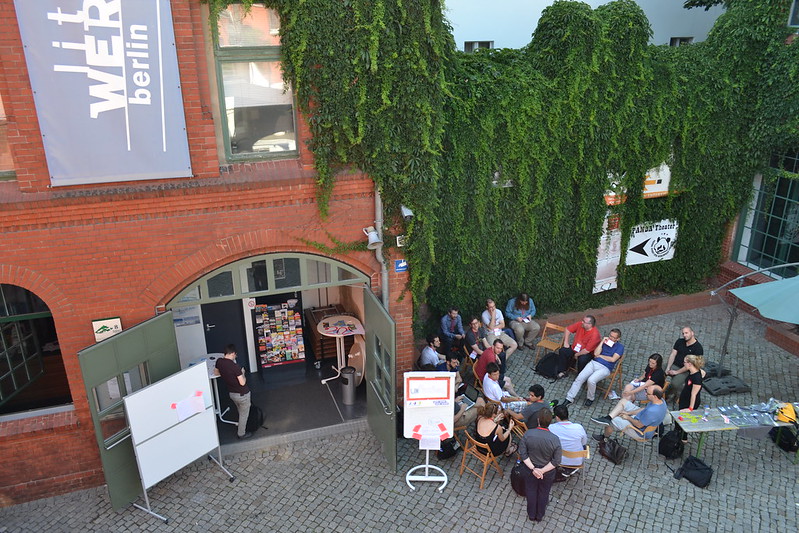 Gender-based violence claims the lives of
Gender-based violence claims the lives of 
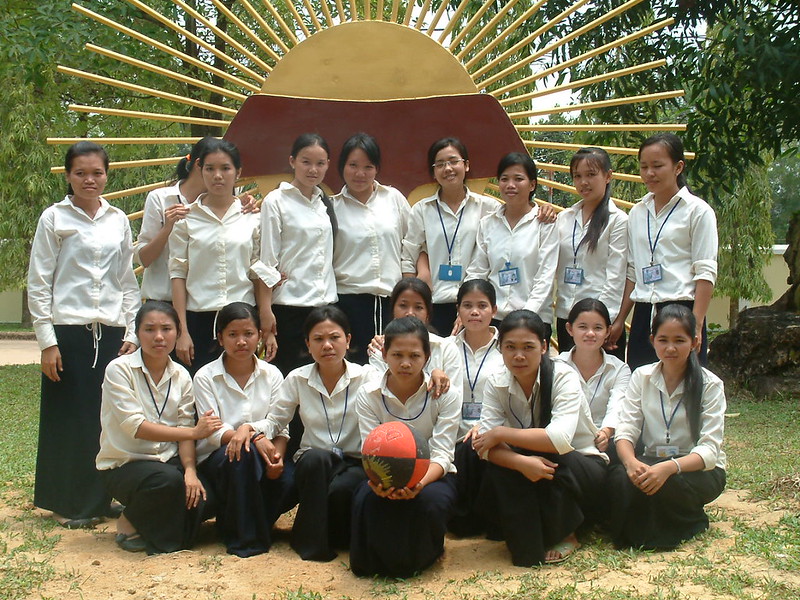 With its wealth of natural beauty, you could be forgiven for thinking Cambodia was the closest Earth has to a paradise. However, beneath such a beautiful exterior, Cambodian women face inequalities every day,
With its wealth of natural beauty, you could be forgiven for thinking Cambodia was the closest Earth has to a paradise. However, beneath such a beautiful exterior, Cambodian women face inequalities every day, 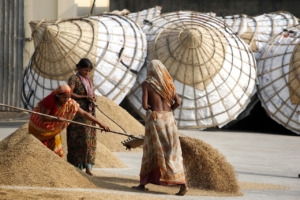
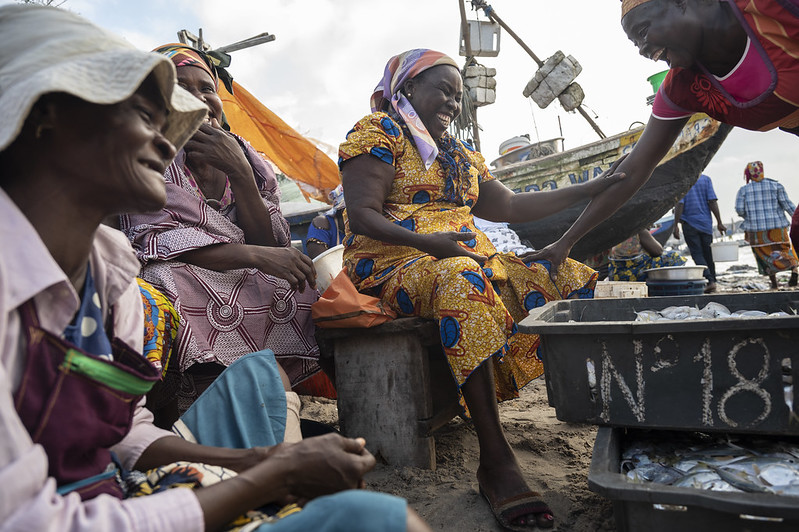 The government of Ghana allocated
The government of Ghana allocated 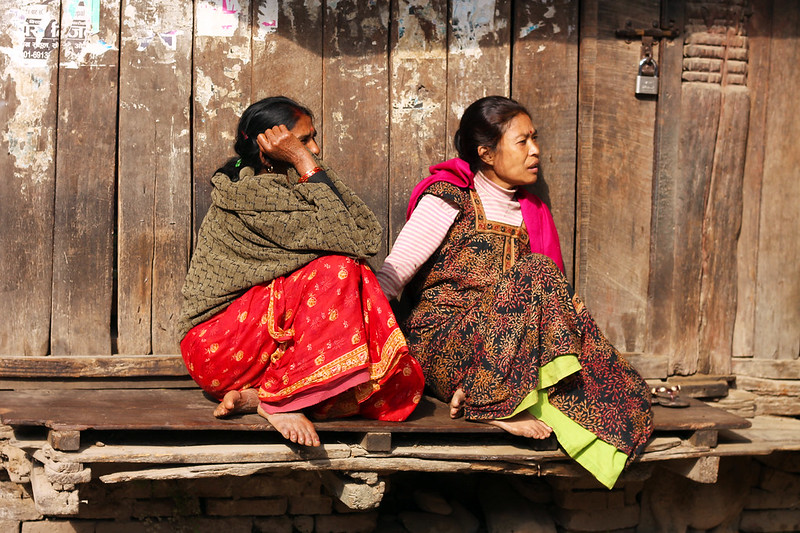 The Women’s Foundation Nepal (WFN) is a nongovernmental, nonprofit organization founded in 1988 to support women and children in Nepal. The organization works to improve the lives of those affected by poverty, violence and discrimination by providing shelter, education, legal aid and economic opportunities. Through community-driven initiatives, WFN fosters long-term solutions to empower women and break cycles of poverty.
The Women’s Foundation Nepal (WFN) is a nongovernmental, nonprofit organization founded in 1988 to support women and children in Nepal. The organization works to improve the lives of those affected by poverty, violence and discrimination by providing shelter, education, legal aid and economic opportunities. Through community-driven initiatives, WFN fosters long-term solutions to empower women and break cycles of poverty.